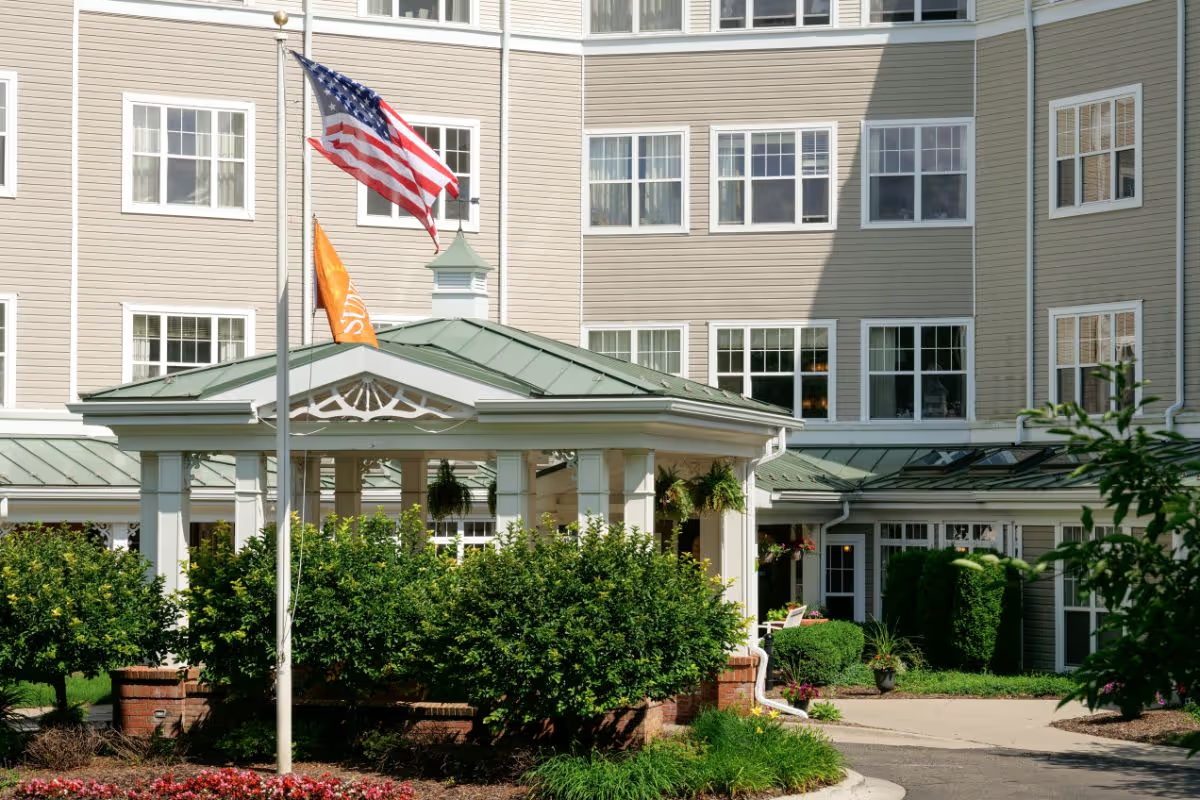SKLD Beltline sits on E Beltline Ave SE in Grand Rapids, Michigan, and helps people with a wide range of needs, whether they need assisted living, memory care, skilled nursing, rehabilitation, or just want an independent living setup where someone's handy if they need help, so you see folks living there for everything from short stays between the hospital and going home, all the way to long-term support and memory care, and it's always covered by a dedicated team that puts respect, communication, and simple kindness first between staff, residents, and families, which is something people notice. There are private and semi-private rooms that come with their own bathrooms, kitchenettes, cable TV, Wi-Fi, phones, and air conditioning, which makes it comfortable for folks who want things set up already, though the prices for rooms run anywhere from $6,000 to $9,000 per month depending on type and size, and they do take Medicaid, Medicare, and long-term care insurance if that's something a person needs to look into, which is pretty important for a lot of folks. Meals are made by a professional chef who can change up the food to fit allergies or other health needs, and they offer restaurant-style dining in a big community dining room, plus snacks if someone wants them, and family can come visit to see how things go.
They do a lot to keep people active and connected, so there are community-sponsored movie nights, music programs, and all kinds of resident-run activities, and there are places around the building for games, arts and crafts, or just relaxing, like the arts room, game room, and a music program room, not to mention outdoor walking paths and gardens if the weather's nice, though the details on some of those outdoor spots aren't always shared up front, so it helps to ask for a tour. If someone wants to work on their health, there are spaces like a fitness room, a gym with therapy equipment, a spa, a sauna, and a wellness room, plus a full team to help with physical, occupational, or speech therapy. SKLD Beltline tries to help people stay as independent as they're able, but if daily help is needed, there's support for bathing, dressing, moving around, medicine, and other day-to-day things, and there's always a nurse for at least 12 hours each day, with someone on call the rest of the time for emergencies, so there's a safety net for peace of mind.
It's pet-friendly, and the property covers different needs, with a focus on post-acute and rehab for those just coming from the hospital and needing to get their strength back before heading home, or long-term care if going home isn't an option anymore, with therapy and wound care provided on-site, and even support for veterans, since it's a Veteran Preferred Healthcare Provider, which is something not every place can say. Family support and social activities help people stay connected, and for those needing financial advice, SKLD Beltline staff walk you through options like Medicare and Medicaid, and will even let you look over the facility's licensing and inspection reports. There's support for people using wheelchairs or needing help with transfers, and they keep security in mind with fire sprinklers, a 24-hour call system, and a team always watching out for each person.
Housekeeping, laundry, and meal prep are all part of the setup, and move-in is coordinated so people aren't left wondering what comes next or how to get started, while the transportation and parking setup means there's a way to get folks to doctor visits or run errands if they don't drive themselves, though parking on-site may not always be available and it does pay to ask about this if visitors or residents have cars, but they do make sure people aren't stranded. SKLD Beltline puts a lot of thought into the environment, too, with interior designs meant to be relaxing and welcoming, and there are lounges, a library, and activity areas that help pass the time or bring people together. For folks dealing with memory loss, there are programs for dementia and Alzheimer's that keep people engaged with memory-boosting activities, and the care team is trained to offer patients and families support that's not just medical but focuses on easing transitions and making every day a bit better. You'll find people there who want to stay active, recover, or just need an easy place to live with support, and everything is set up to cover those basics - safety, support, activities, and comfort - with a simple approach that tries to meet people where they're at.







